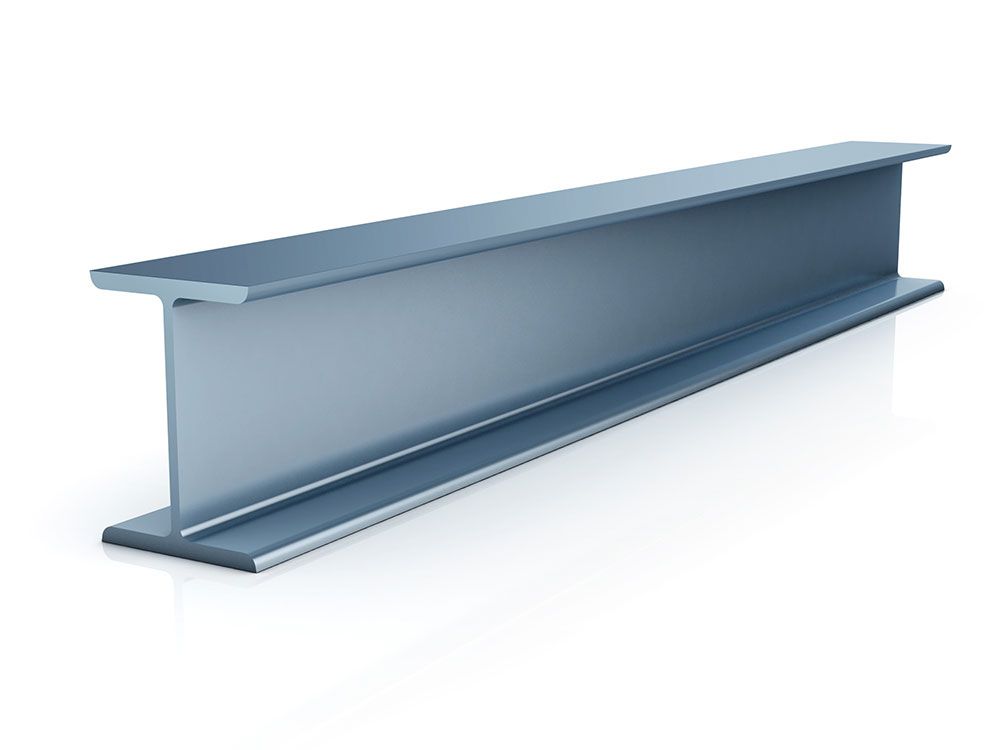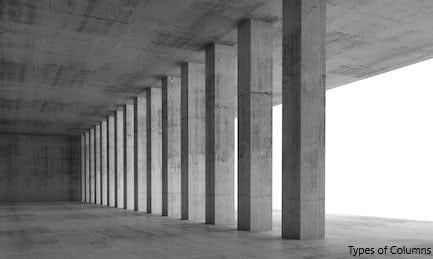Design criteria provide a base of expectations and guidelines to follow, and when used correctly, will help create a well-defined product. In this article, we’ll be exploring the importance of design criteria, the steps needed to create them, and how they can be used to the highest effect.
Creating Design Criteria
Design criteria should be specific, measurable, achievable, relevant, and time-bound. In other words, they should be clear and concise enough that anyone working on the project will be able to understand and follow them. Establishing these criteria early on will help avoid any misunderstandings or confusion down the line.
It is generally prepared by the client or the party higher by the client and then it will be provided as a guide for the designer to follow. All the special requirement that shall be followed by the designer is given in the criteria.
For example, if we consider the design of the building; criteria specify the types of special loads other than general loads, load combinations, seismic requirements, stability requirements, any loading effect from the other structure, etc.
Therefore, having the criteria will be very easy for the designers. However, it is not the only document that the designer shall follow. He shall follow and refer to other relevant standards.
There are a few steps that should be followed when creating design criteria:
1. Define the purpose of the project.
2. Identify the design requirements.
3. Identify the project’s special needs.
4. Outline the specific requirements that the project must meet.
5. Create a timeline for the project.
6. Identify any special area that may be associated with the project.
7. Define the criteria that will be used to assess the success of the project.

Using Design Criteria
Once the design criteria have been established, it’s important to put them to use. The criteria should be used to guide the development of the product, and each stakeholder should have a clear understanding of their role in the project, as well as the expectations that have been set for them.
The criteria should be revisited regularly to ensure that the project is on track and that any changes that have been made are in line with the original goals.
Make sure to document all changes that are made to the criteria, as well as the rationale behind those changes. This documentation will be important for future reference.
Conclusion
Design criteria are an essential part of any engineering project. They provide a clear set of expectations and guidelines to follow and can help ensure the successful completion of the project. By taking the time to create well-defined design criteria and using them to guide the development of the product, you can help ensure that your project is a success.


